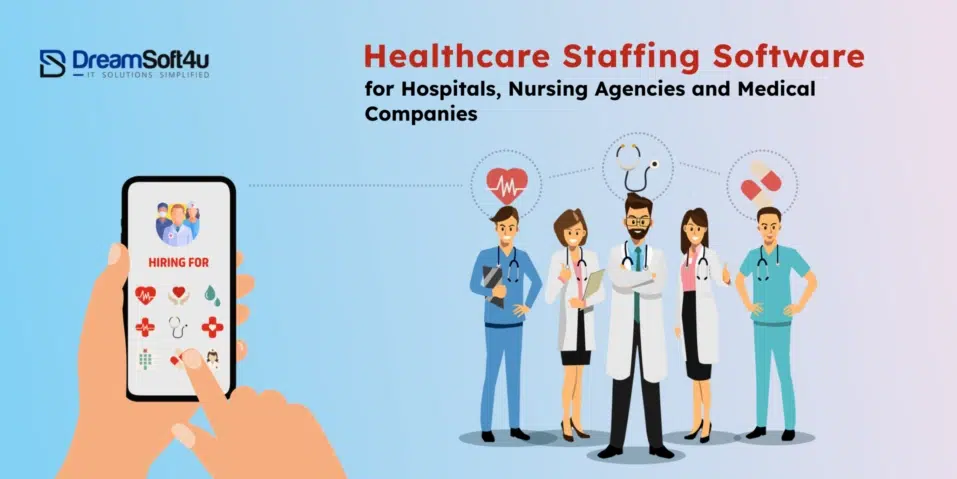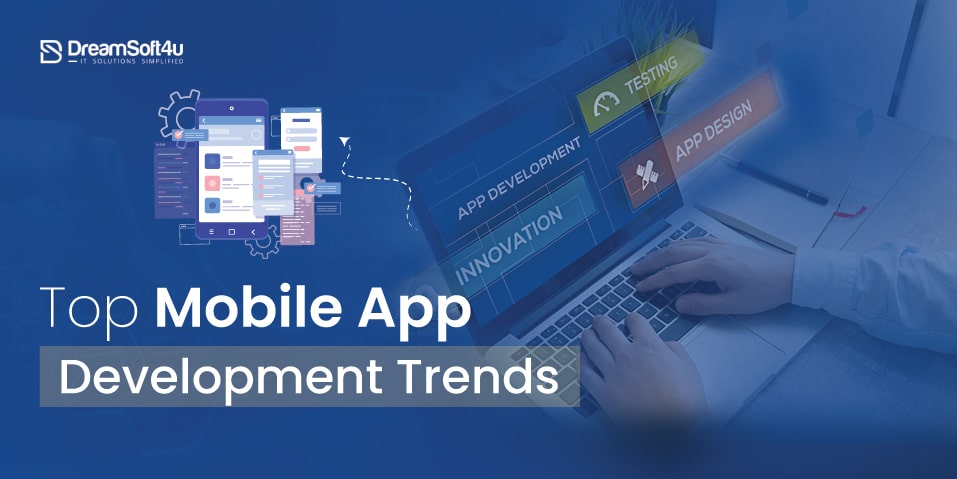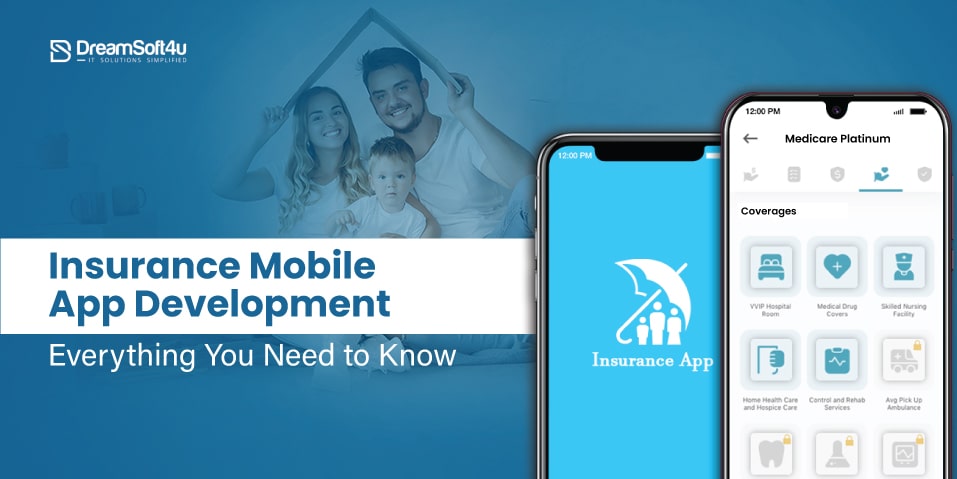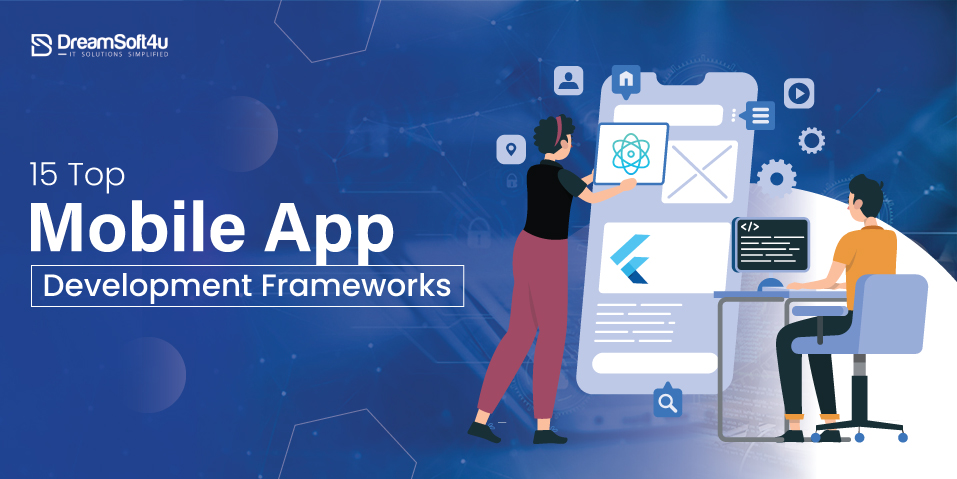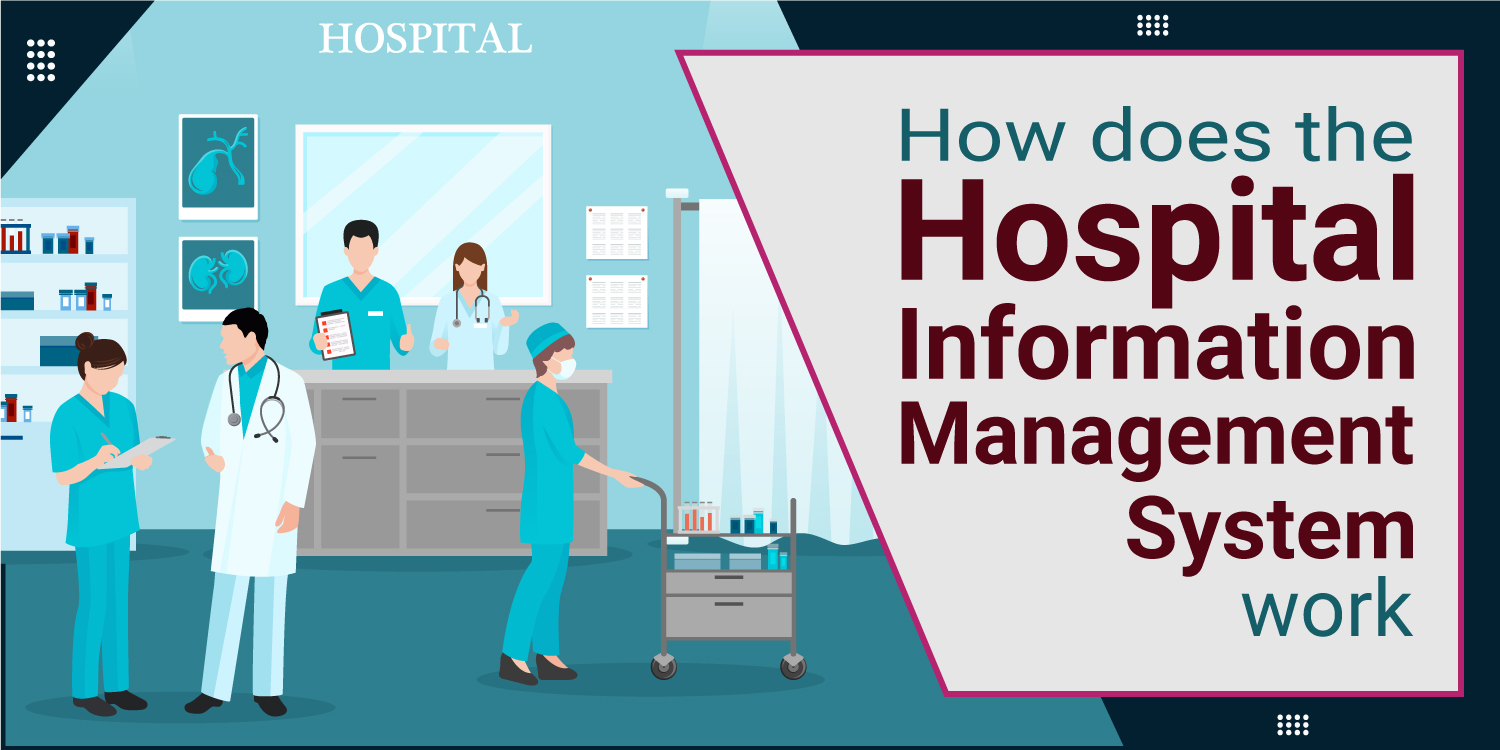Can Healthcare Staffing Software enhance or improve patient care? Well, of course, it can. Staffing shortages are a challenge that most healthcare organizations face. There is a frightening shortage of nursing and medical personnel in the American Healthcare Industry-impacting millions of lives.
But why?
Because people are living longer, more people need healthcare services. This is further complicated by an ageing global population. When people live longer and healthier lives, the demand for healthcare services increases putting a lot of pressure on the limited healthcare staff.
Today, approximately 35% of the world’s population consists of individuals aged 65 or older. However, by 2053, nearly half of the global population will fall into this age bracket.
Table of Contents
ToggleWhy don’t we hire more nurses?
Factors like age, work-life balance, and family priorities mean that the average turnover rate for nursing staff is pretty high. Finding qualified healthcare professionals is becoming increasingly challenging.
A study suggests the next few years will see a shortfall of over 400,000 home health aides and 30,000 nurse practitioners. In simple words, there won’t be enough trained professionals to meet the growing demand! And that’s where Healthcare Staffing Software Development comes to the rescue.
There won’t be enough trained professionals to meet the growing demand!
The United States lags behind other economically advanced nations of Europe in specialist doctors and general practitioners per 10,000 people.
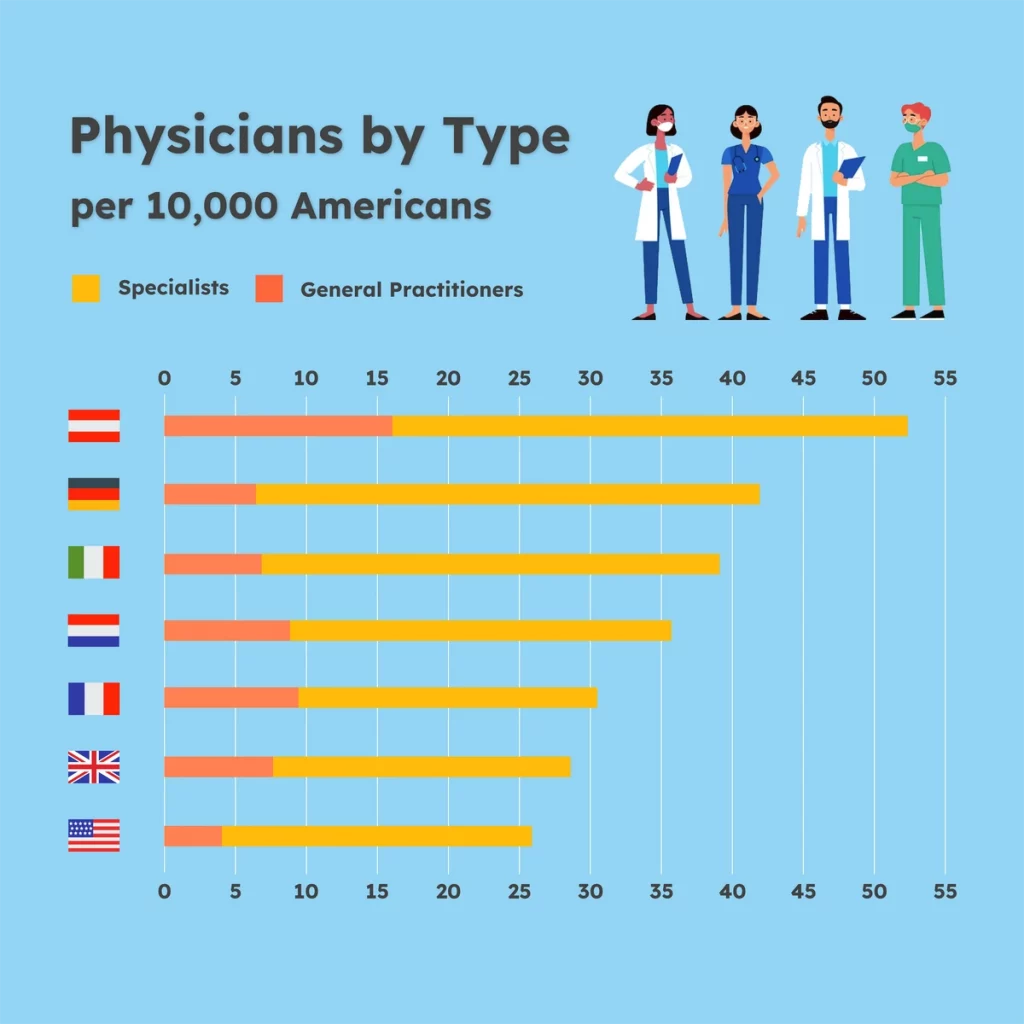
How Healthcare Staffing Software Development can help Medical Providers manage their Staffing Issues?
With the growing need for healthcare professionals, it’s clear that traditional recruitment methods are proving insufficient. Recent statistics underscore the ongoing medical workforce challenges, highlighting the need for innovative strategies. One promising solution is the implementation of Healthcare Staffing Software.
Efficient Staff Scheduling and Resource Allocation
With the use of advanced algorithms, the Healthcare Staffing Software takes into account various factors such as employee availability, skill sets, and patient demand to create optimized schedules. With everything mapped on a computer screen, it becomes easier to assign the right staff members to the right tasks as well as prevent overstaffing or understaffing situations.
Moreover, managers can easily monitor the availability of equipment, rooms, and other essential resources, ensuring that everything is effectively utilized. By optimizing resource allocation, healthcare staffing software helps improve overall operational efficiency and reduces unnecessary costs.
Real-time Staffing Monitoring and Tracking
Healthcare staffing software provides real-time monitoring and tracking capabilities that empower healthcare organizations to stay on top of their staff’s activities.
Managers can always ensure a timely response to emergencies. They can easily view the status and location of each employee, ensuring that they are where they need to be at any given moment. This helps improve accountability and productivity among staff members.
Additionally, investing in healthcare staffing software development can generate comprehensive reports and analytics, giving managers valuable insights into staff performance and workload distribution- identifying any bottlenecks or inefficiencies.
Streamlined Recruitment and Onboarding Processes
Recruiting and onboarding new healthcare staff can be a complex and time-consuming process. Healthcare staffing software simplifies this process by automating various tasks, such as job posting, candidate screening, and interview scheduling.
Furthermore, custom healthcare software solutions like staffing software facilitate a seamless onboarding process for new hires. From completing the necessary paperwork to providing training materials, the software streamlines the entire process, ensuring that new staff members can quickly integrate into the healthcare organization.
Integration with Credentialing and Compliance Systems
A robust healthcare staffing software seamlessly integrates with credentialing and compliance systems. It ensures that all staff members are properly licensed, certified, and compliant with regulatory requirements. In the long run, it mitigates the risk of legal and financial penalties for the healthcare organization.
Compliance with Labor Laws and Union Contracts
Healthcare organizations need to prevent exploitation, maintain professional standards, and foster a culture of respect and fairness within. Healthcare staffing software can monitor certifications and licenses for compliance, and generate reports for audits or regulatory purposes.
With features to track and document work hours accurately, healthcare organizations can prevent violations of maximum working hours, rest periods, and overtime regulations. Overall, compliance with labour laws and union contracts promotes a fair and ethical work environment and mitigates the risk of legal disputes.
How to choose the right healthcare staffing software
Ok, we have more or less highlighted the benefits of using healthcare staffing software. But how to choose the right one for your organization? Consider these factors when evaluating different options:
Scalability: Ensure that the healthcare staffing software can handle your organization’s current needs and can scale as your organization grows.
Integration: Look for healthcare staffing software that can seamlessly integrate with your existing systems, such as electronic health records (EHR) or payroll software.
User-friendly interface: Choose a solution that is easy to use, minimizing the need for extensive training and maximizing user adoption.
Customization: Determine if the healthcare staffing software can be tailored to meet the specific needs and workflows of your organization, allowing for flexibility and optimization.
Compliance: Verify that the healthcare staffing software complies with relevant healthcare regulations and security standards. If you are a US-based services provider, ensure that your solution is HIPAA compliant to protect sensitive patient information.
Reporting and analytics: Assess the software’s reporting capabilities and analytics tools, as they can provide valuable insights into your organization’s performance.
Vendor support and reputation: Research the vendor’s track record, customer reviews, and the level of support they offer to ensure a reliable and responsive partnership.
Cost-effectiveness: Evaluate the total cost, including upfront fees, maintenance, and any additional charges, to determine the return on investment.
Mobile accessibility: Consider whether the healthcare staffing software has mobile capabilities, allowing healthcare professionals to access and update information on the go.
Future-proofing: Look for software that is adaptable to evolving industry trends and technologies, ensuring its longevity and minimizing the need for frequent upgrades or replacements.
What’s the Economic Reasoning behind Healthcare Staffing Marketplace Software?
The economics behind healthcare staffing marketplace software is driven by medical staff’s demand for better pay and employers’ need for efficient workforce management. More clinical workers today opt for short-term contract jobs that offer higher pay.
This shift towards a gig economy in healthcare presents both opportunities and challenges for employers. On one hand, it provides healthcare workers with better pay. On the other hand, managers have to find ways to hire and manage workers effectively. This is where healthcare staffing marketplace software comes into play.
Minimizes costs associated with traditional staffing agencies
With healthcare staffing software, the dependency on traditional staffing agencies is significantly reduced. Instead of relying on multiple staffing agencies, healthcare providers can access a diverse pool of qualified professionals through a single platform. This flexibility allows organizations to adjust their workforce according to fluctuating patient demand, ultimately reducing labour costs.
Eliminates intermediaries and their associated fees
Healthcare staffing marketplace software connects healthcare workers and providers, making it easier for both parties to find each other. These platforms are free of any middlemen. Employers can post job openings and healthcare workers can browse and directly apply for these positions.
Streamlines and reduces administrative overhead
Healthcare staffing marketplace software automates administrative tasks, gathers and analyzes workforce data, and improves workforce retention. With all these capabilities in one place, healthcare organizations can efficiently manage their workforce sans the overhead costs.
Improves the bottom lines for hospitals, nursing homes, and clinics
Last but not least, streamlined recruitment and scheduling, reduced staffing gaps and overtime costs, and optimized resource allocation lead to better patient care, cost savings, and improved financial performance.
Features to consider when developing a Medical On-demand Staffing App
When developing a medical on-demand staffing app, there are several key features to consider.
Real-time Appointment Scheduling: Healthcare providers must be able to easily manage and book staff members for their required shifts or services.
Credential Management: This feature ensures that healthcare providers can verify and validate the qualifications, certifications, and licenses of staff members before hiring them.
Job Applicant Tracking System: The app should efficiently track and manage job applications. Managers should be able to seamlessly review resumes, schedule interviews, and make hiring decisions effectively.
Analytics and Reporting: Implementing robust analytics and reporting capabilities offers insights into staffing patterns, performance metrics, and overall operational efficiency.
Secure Communication Channels: The app should have secure messaging or chat functionalities. It allows healthcare providers and staff members to easily communicate, exchange important information, and coordinate effectively
Healthcare Staffing Software Development: Finalizing Architecture and Tech Stack
Finalizing the tech stack is a crucial step in healthcare staffing software development. Here’s what you need to keep in mind:
Web-based/Mobile Interface/Application: It is crucial to have a user-friendly interface that can be accessed via web browsers or mobile devices. The interface/application should be responsive, intuitive, and optimized for different screen sizes.
Database Management System: The choice of a database depends on factors such as data volume, performance requirements, and scalability. MySQL, PostgreSQL, MongoDB, or Microsoft SQL Server are popular options.
Server-side Programming Languages: For server-side programming, you have options like Java or C++. Additionally, .NET application development can be considered if your organization has expertise or existing infrastructure built on the .NET framework.
Frameworks for Front-end Development: Depending on your needs you can go for Angular, Flutter, or React Native. These are popular choices for front-end development in web and mobile applications.
Cloud Infrastructure and Healthcare Cybersecurity Measures: Utilizing a cloud infrastructure provides scalability, flexibility, and accessibility for healthcare staffing software. For reliable hosting, you can always trust Amazon Web Services (AWS), Microsoft Azure, or Google Cloud Platform.
Third-Party APIs: Integrating third-party APIs can enhance the functionality of healthcare staffing software. For example, integrating new technology trends like AI can automate candidate matching or assist in scheduling and resource allocation. Data analytics middleware can help derive insights from the data collected within the software.
Development of a Custom Staffing Solutions with DreamSoft4u
With nearly two decades in custom healthcare software development, DreamSoft4u has partnered with leading industry experts to develop staffing solutions tailored to the unique needs of the healthcare sector.
Our custom staffing solutions leverage advanced technology and comprehensive data analysis to ensure healthcare organizations have access to highly skilled professionals, improving patient care and operational efficiency. Moreover, our hospital management software solutions are fully HIPAA compliant and adhere to relevant industry regulations to maintain the highest standards of privacy and confidentiality.
Healthcare Apps FAQs
1. Custom Vs. On-demand app development: What is the difference?
The former i.e. custom app development gives you more control and flexibility over software design, features, and scalability. The latter, i.e. on-demand app development is pre-built (off-the-shelf), which means it offers limited customization options and flexibility. But, on-demand healthcare apps offer quicker deployment and lower initial costs.
2. Is a medical staffing software part of Middleware?
Medical staffing software isn’t usually seen as middleware. Middleware software development connects different systems, aiding data exchange. Healthcare staffing software manages staff recruitment, scheduling, and communication, although it may interact with other hospital systems.
3. How much time would it take to build staffing software for hospitals?
The development timeline for staffing software varies greatly. Simple solutions might take 3-4 months, while complex systems with extensive features could require more time. Development team size and experience also play a role.
4. Can you give a cost estimate for healthcare staffing software development?
Providing a specific cost estimate is difficult without further details. However, we can give you a detailed timeline and cost estimate after a meeting. Schedule it now.
5. Do you sign an NDA?
Yes, we understand the sensitivity of healthcare app data. We sign NDAs to ensure confidentiality throughout the development process.








